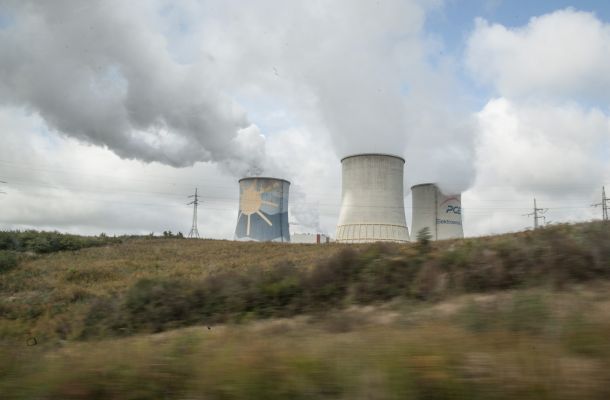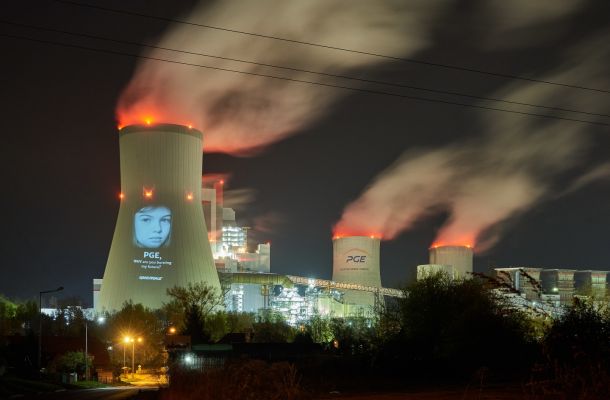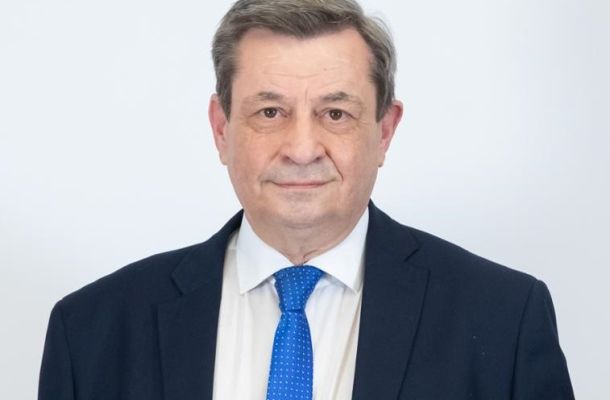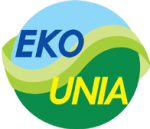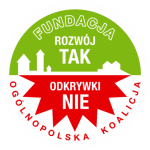Silent permission for the controversial Turów opencast mine
The Polish authorities have quietly extended the mining license for the controversial Turów open pit mine, ignoring Czech Republic, MEP's as well as Czechs and Germans from border towns objections. Good relations with neighbours were risked, in the interest of one state-owned company and one mine, at a time when solidarity is greatly needed.
On March 20, 2020, Polish Minister of Climate Michał Kurtyka signed re-licence for the open pit mine in Turów extending it operations by six years. The previous license was valid until April 2020. Polish state-owned company PGE is now planning to expand of the mine and continue its operation until 2044. Expanded mine would reach over 3,400 ha, with annual production of 9-11.5 million tonnes by 2030.
Expansion and re-licence operations of the mine are opposed by endangered residents of the Czech Republic (supported by the state authorities, local government officials and civil society groups) who are already experiencing negative effects of its activities. The license issued by the Polish authorities may leave nearly 30,000 people without water.
The license was issued only two weeks after a petition signed by 13,000 people from Poland, Germany and the Czech Republic was submitted to European Parliament Committee on Petitions, asking the EU authorities to urgently investigate the case. At present also EU Pilot case with Poland is process. Additionally, the group of influential MEP’s sent a letter to the EU Commissioner for the Environment in mid-February expressing concern about the behaviour of the Polish authorities.
From June 2019, the complaint of the "RT-ON" Foundation is pending regarding Poland's violation of the provisions of the Water Framework Directive by issuing approvals for derogations from the WFD for the needs of coal investments.
"PGE exposes itself to retaliatory actions of Poland's neighbours against coal sold by the Turów mine and environmental damage caused by the mine's operations. One needs be aware of the increase in foreign lawsuits against PGE from Turów open-pit and power plant neighbour regions of the Czech Republic and Germany", explains Kuba Gogolewski from the Foundation “Development Yes, Open Pit Mines No”.
The extreme lack of solidarity in pandemic times
The decision of re-licence, ignoring Czech and German firm stance and strong opposition of the inhabitants, was made at the beginning of the fight against the coronavirus pandemic in Poland.
"The upcoming social, health and economic crisis caused by the growing pandemic of the COVID-19 virus every day forces us to resort to civic responsibility and will require the highest resources of social and international solidarity", comments Kuba Gogolewski. "Such selfish and short-sighted behaviour of the government, which in the interest of one State-owned company and one mine, at a time when solidarity is greatly needed, risks our good relations with neighbours, indicate either erroneous and unjustified political calculation, or complete lack of awareness of the long-term consequences of this decision."
The Polish health care system has been struggling with financial and staffing problems for years and will not be able to meet the challenges of a pandemic on its own. The health and life of Polish in the coming months will largely depend on the support of the European Union and its Member States. Nevertheless, a project license that clearly violates European environmental law, is contrary to the Union's plans for energy transitions and threatens the well-being of our neighbours, was issued.
Fot: (c) Greenpeace - Petr Zewlakk Vrabec
Grafika: PS
Popularne Artykuły
PGE myths vs reality
Why are you burning our future?
Polish prime minister dismisses for the truth about Turów
About Us
Our organizations jointly counteract the expansion of the open-cast Turów lignite mine in Poland for the benefit of local communities, nature and climate. We support civic activities undertaken by the international community at the interface of the Czech Republic, Germany and Poland. We strive to make the lignite-dependent Bogatynia enter the path of energy transition as well as economic and social transformation.
